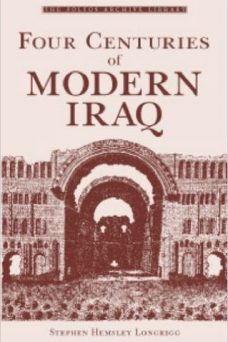Mithras: The Invincible Sun God of Persia and the Conquering God of Rome
Minou Reeves
£17.99
Out of stock
In 150 CE the Roman Emperor Antoninus Pius had a substantial Mithraeum built in the nucleus of Roman Britain, Londinium, on the banks of the River Thames close to the Forum and the Basilica, imperial seats of the Roman Governor and Procurator. This was for the Roman political and military elite to worship Mithras, the most ancient Persian Sun-god and protector of Rome’s rival Parthian and Sasanian Empires.
The Mithraeum was uncovered in 1954 by the eminent archaeologist, William Grimes, director of The Museum of London, an epic discovery amidst the post-war rubble over which a massive reconstruction plan had begun in the Walbrook district of the City. Now a listed English Heritage site and Museum, its remarkable artifacts include the marble head of Mithras and the rock-cut relief of the Sun-god’s iconic redemptive bull sacrifice circled by the signs of the zodiac.
Persia and parts of Greater Persia were the only territories that the Romans had failed to subdue. Hence, they adopted Mithras so that they can be as invincible as the Persians. An astonishing multitude of Mithraea were built in Rome and its harbour Ostia and across Rome’s colonies; Britain, France, Germany, Austria and the countries of Central and Eastern Europe to honour a god who postulated physical and mental discipline, loyalty to King and Empire and prosperity on Earth and in Life Hereafter.
Emperors from Nero to Vespasian and Titus Flavius, from Trajan, Hadrian and Antoninus Pius to Marcus Aurelius and from Septimius Severus, Caracalla and Gordian to Valerian and Aurelian and from Diocletian, Galerius and Licinius to Constantine the Great, were devout Mithraists and styled themselves as Augustus Sol Invictus.
The readers will journey across the history of the aristocratic Mithraic religion of Persia and its adoption by Rome. Drawing on the works of several distinguished Persian, European and English experts, this book provides insights into the most ancient sacred scriptures of Persia and into the organisation of the Roman Mithraea, their priestly order, their initiation rites and grades and their iconography. It reveals how the religious festivals and practices of Roman Mithraism were ultimately stamped as Christian and piously embraced and celebrated by the Early Church across Europe.












